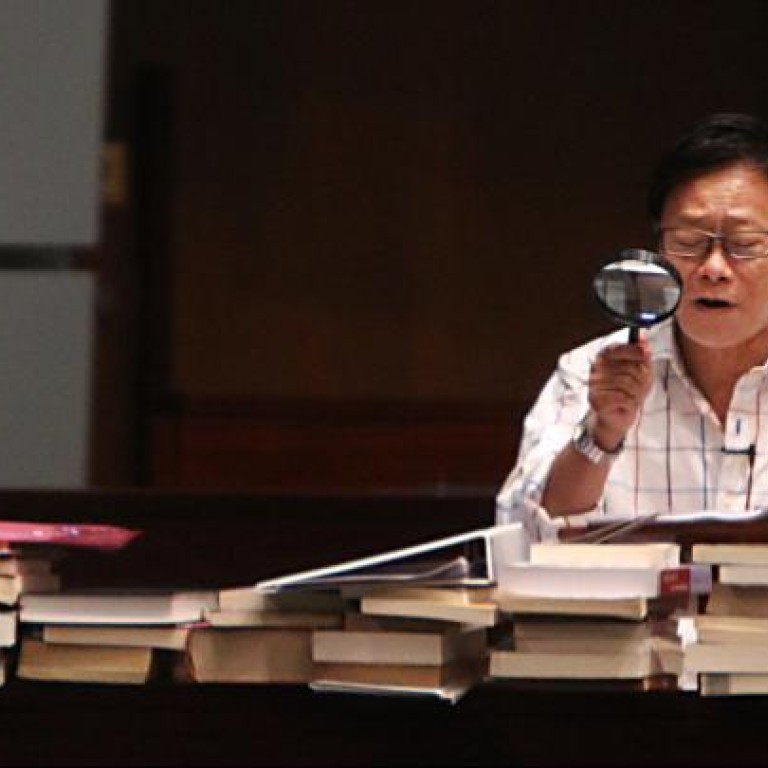
The ugly politics of obstructionism
Alice Wu says the use of obstructionist tactics in politics that tolerate no agenda but one's own is tyranny, and it should be rejected
Take a survey of our political landscape and one can hear Oscar Wilde's observation that "democracy means simply the bludgeoning of the people by the people for the people".
The tool of choice is political impasse, which is quickly becoming the defining characteristic of our society today. Politics in Hong Kong is challenging, emerging as it does from an experiment in political arrangements ("one country, two systems"). But our biggest challenge may be a brand of obstructionist and exclusionary politicking that has usurped the way challenges are met.
Obstructionism can be a useful political manoeuvre, but it threatens diminishing returns each time it is used. And this is why the sensible pan-democrats are opposing the filibuster that a few lawmakers have threatened to use - yet again - to make a political point.
There are other reasons why a distaste for obstructionist politics has developed. This kind of politics oversimplifies, prematurely compartmentalises and cuts off public discourse on important issues.
By its nature, it isn't democratic - it's a weapon used to gain unfair political advantage. It gives the obstructionists the advantage of urgency, at the expense of other needs, because it threatens the interruption not only to public services, but also for people whose living depends on normal government operations. Obstructionist politics is tyrannical: it allows only a single issue to be front and centre. It excludes and creates an uneven political playing field. It feeds political tension, and its promise of paralysis and stagnation erodes the role of civic participation in reaching a consensus, and negotiating solutions.
In addition to stifling productivity, and hence progress, it suffocates choice. It filters public dialogue and reduces everything into a restrictive "yes" or "no" premise. It disenfranchises. There is no people power if people can't choose.
And even if we were to have the most democratic system possible, this sort of political culture would render it useless. If we are concerned with social discontent and social conflicts now, imagine life when old enemy lines are accentuated and new ones are constantly drawn.
Obstructionism comes in many forms - the most crass being the manipulation of Legislative Council rules for political gain - and exists across political divides.
Are our politicians interested in resolutions or disruptions? Do they require that we exercise reason and tolerance or do they feed on our emotions? Do they give our opinions weight or are we being force-fed a predetermined answer? Do they speak the language of engagement, or are they fixated on our disagreements?
Politics is capable of vigour and virtue, and political skirmishes are part of that. It is only when skirmishes are aimed at suppressing intellect, reason and broad participation in debates that they become blunt instruments of obstruction. The key to our political vitality and development is in the people's ability to tell the difference.

